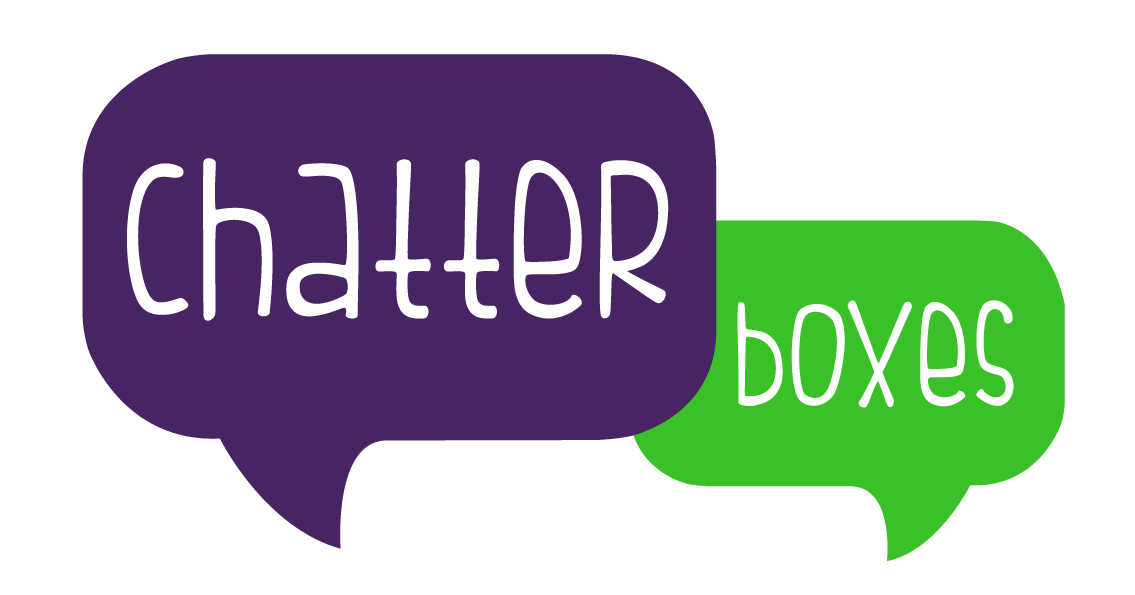As adults, and especially teachers, we use a lot of questions!
“What’s this?”
“What colour is it?”
“What are you doing?”
“Where are you going?”
“What is he doing?”
The list goes on.
How much of an interrogator are you? Try to monitor how many questions you are using when talking to children.
Questions are important. They do have their place. However, children also need to hear models of good language structures and vocabulary. As well as questioning, we can also comment, repeat back what the child has said, expand the child’s utterance and explain things.
When we stop questioning and start commenting, the interrogation stops. This will ease the pressure on the child and should actually encourage them to speak more. Try it! Instead of asking a question, make a comment and then…. WAIT. The child will often fill the pause themselves and then you can continue the conversation.
Children with communication difficulties will particularly benefit from this. These children may struggle to understand the question or struggle to express an answer (or both!). They might know they need to give an answer, so just say anything that comes into mind. When they are not questioned, they are given the time to put across their own ideas and aren’t pressured into saying something if they don’t know what to say.
A good phrase to use is: “I wonder….”
“I wonder what’s for dinner today…..” Then WAIT. The child may answer, but if not, you can give the answer for them.
“I wonder what you’re going to play with today” Then WAIT. The child may answer, but if not, you can comment on what the child does (eg. “oh you’re playing with the car. That looks fun!”
Questions come very naturally to us, so this is going to be hard. However, the more you practise, the better you will become! Get into the habit of describing things around you – what you can see, what you can hear, etc. And don’t forget to….. WAIT. Those pauses are the opportunities for the children to talk and share their ideas.
